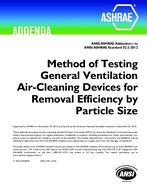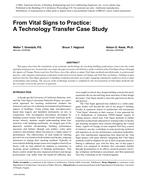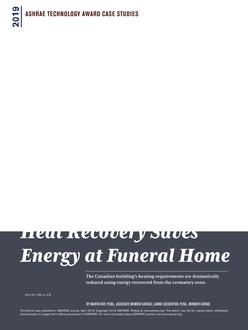An investigation of the complex heat and mass transfer process occurring within an indirect evaporative cooler has resulted in the development of an extremely simple, but powerful, model for calculating the theoretical performance of indirect evaporative coolers. The basic theory is presented, and the model developed is used as a surrogate for other theoretical models that rely upon the analogy for heat and mass transfer. Theoretical performance is then compared with measured data to provide insight into real-world performance limitations. On the basis of this insight, such models are recommended for use in determining peak electric power and conventional air-conditioning capacity in outdoor air applications of indirect evaporative coolers. However, because these models tend to overpredict indirect evaporative cooler performance during certain operations, they are not recommended for calculating energy savings or for predicting performance in mixed or exhaust air applications. In these cases, correlation models from experimental testing are preferred.
KEYWORDS: comparing, models, indirect cooling, evaporative coolers, heat flow, fluid flow, calculating, peak load, performance.
Citation: ASHRAE Trans. 1993, vol. 99, Part 2, Paper number 3731, 392-399, 4 figs, 2 tabs, 8 refs.
Product Details
- Published:
- 1993
- File Size:
- 1 file , 810 KB
- Product Code(s):
- D-17428


